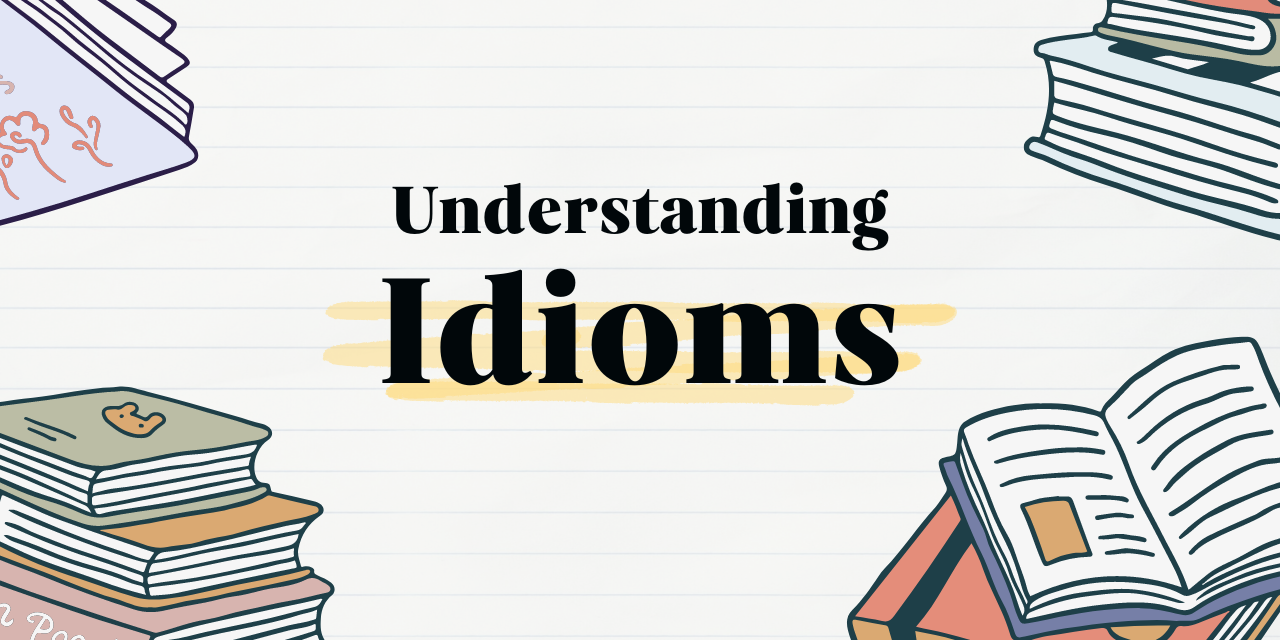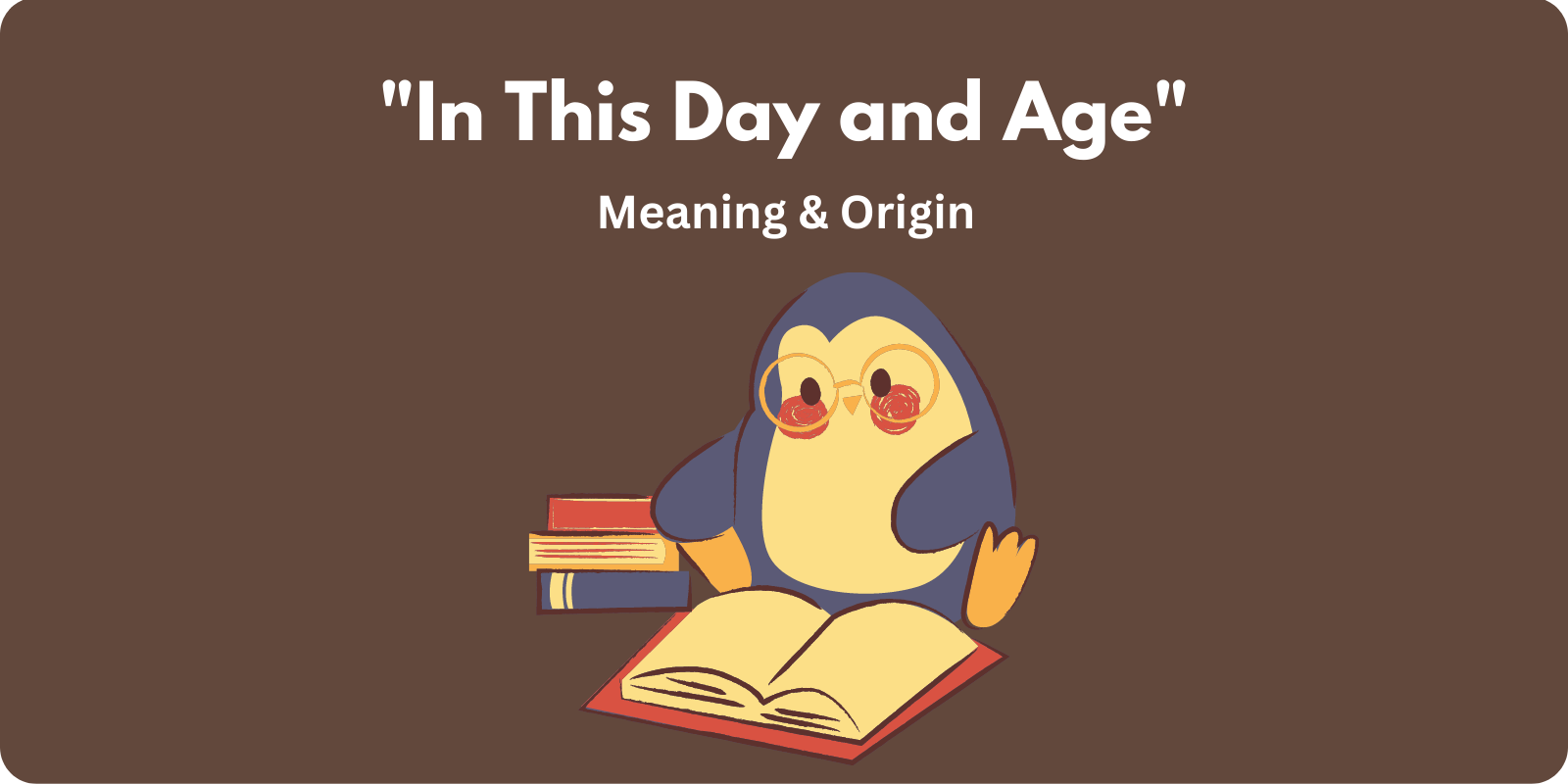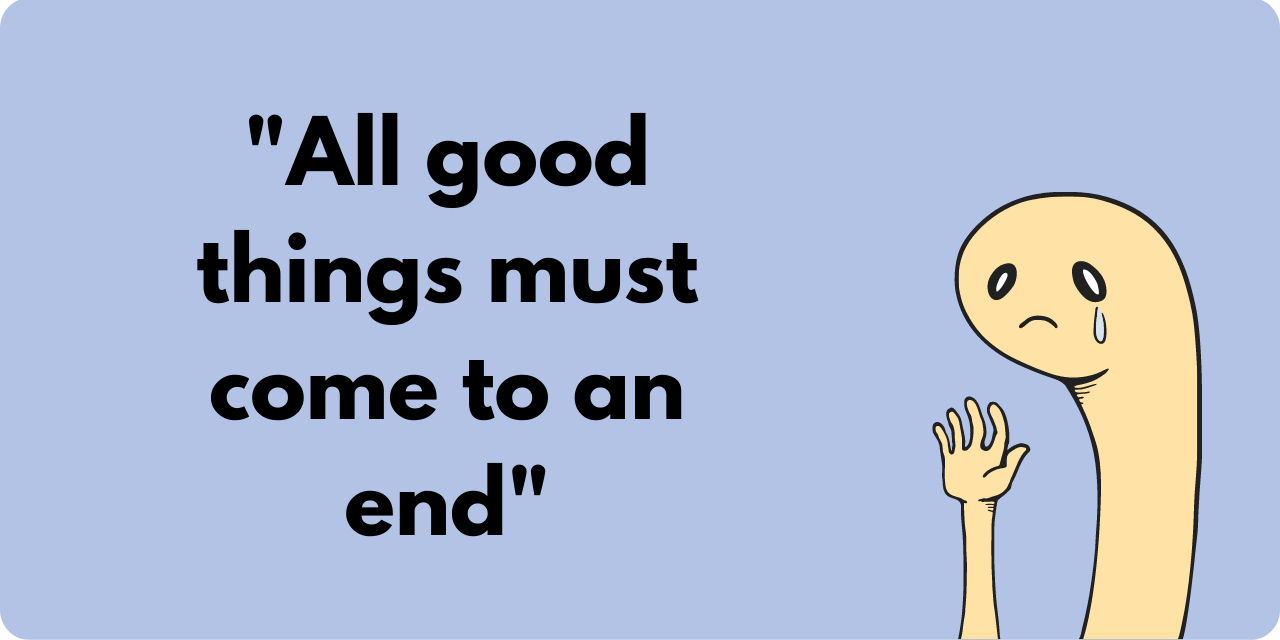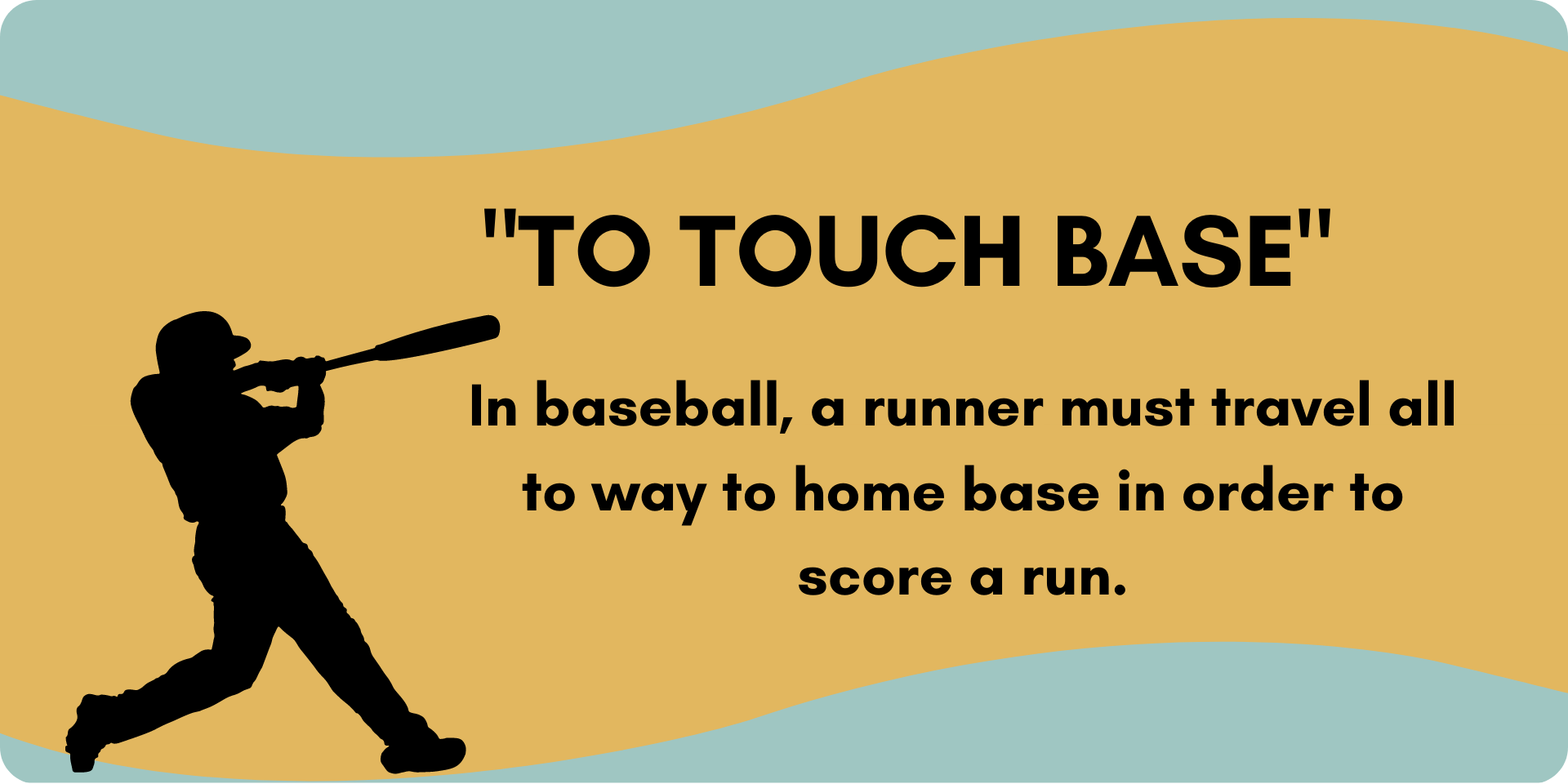Man is a creature who lives not upon bread alone, but primarily by catchwords.
Robert Louis Stevenson
The end of the day
Followed by another day.
Not really the end.
Zen haiku
WARNING: Reading this article may result in heightened linguistic awareness accompanied by increased amusement and/or annoyance.
Verbal bird-watching
My wife and I have a game, a bit like verbal bird-watching, that’s been going on for several months. Between us, we consume a reasonable daily amount of variegated video – news/commentary, interviews, reality shows, Dr. Phil, crime shows, movies.
Every time somebody says, “at the end of the day,” we shout it out. If there’s an additional factor (foreign-language speaker or Brit), extra points are awarded. No points for when the person intends it literally and refers to the actual end of an actual day.
It gets five billion Google hits.
I don’t know when it started, but it now pervades written documents, as well as – and perhaps especially – the ad lib public usage of people in all walks of life, whether they’re talking in business meetings or professional or political gatherings, or on cable news, YouTube, or Dateline, or in pretty much any live setting, including second-language speakers on 90-day Fiancée.
These non-native speakers must hear it from the all-pervasive media which have immersed us in conversational language to a degree never before experienced.
Out of ideas?
It’s a handy expression for anybody who wants to conclude a narrative, explanation, plan, or anything else that needs limitation right now, because I don’t know what else to say, and I’m out of ideas.
At the end of the day.
At the end of the day.
At the end of the day.
A false finality
Once you start noticing it, you can’t stop. But to the people who rely on it, it’s a way of putting a metaphorical terminus to anything, because at the end of the real, physical day, we pay no more attention to the matter, eat dinner, brush our teeth, and slide into various degrees of unconsciousness till we awaken…and it’s a new day!
And we face the same problem. But maybe something has changed. If so, the end of the day wasn’t the end of the day after all.
Sometimes it really is…
Sure, it can be a convenient substitute for “when all’s said and done.” There may be times when you really just can’t do any more. I’m just pointing out how often it’s used to impose arbitrary limits on things, events, and people.
Remedies
These require a little more attention to what you’re saying, and that’s not a bad thing.
One possibility is to provide nuance: sooner or later, eventually, in the long run, ultimately, etc. At https://www.powerthesaurus.org/eventually/synonyms, you’ll find dozens of synonyms for at the end of the day, with various shades of meaning.
Even better, be specific about the end-point: by the time everything is evaluated…, when we finally figure out what it all means – whatever fits the situation.
Awareness
But at the very least, let’s be more aware (as I assume you are now) of this ubiquitous verbal tic…and try to tell the difference between when someone’s artificially giving up – or things really have reached a dead end.
It makes a big difference. At the end of the day.
Here are a few more phrases you should consider retiring: thank you in advance.






